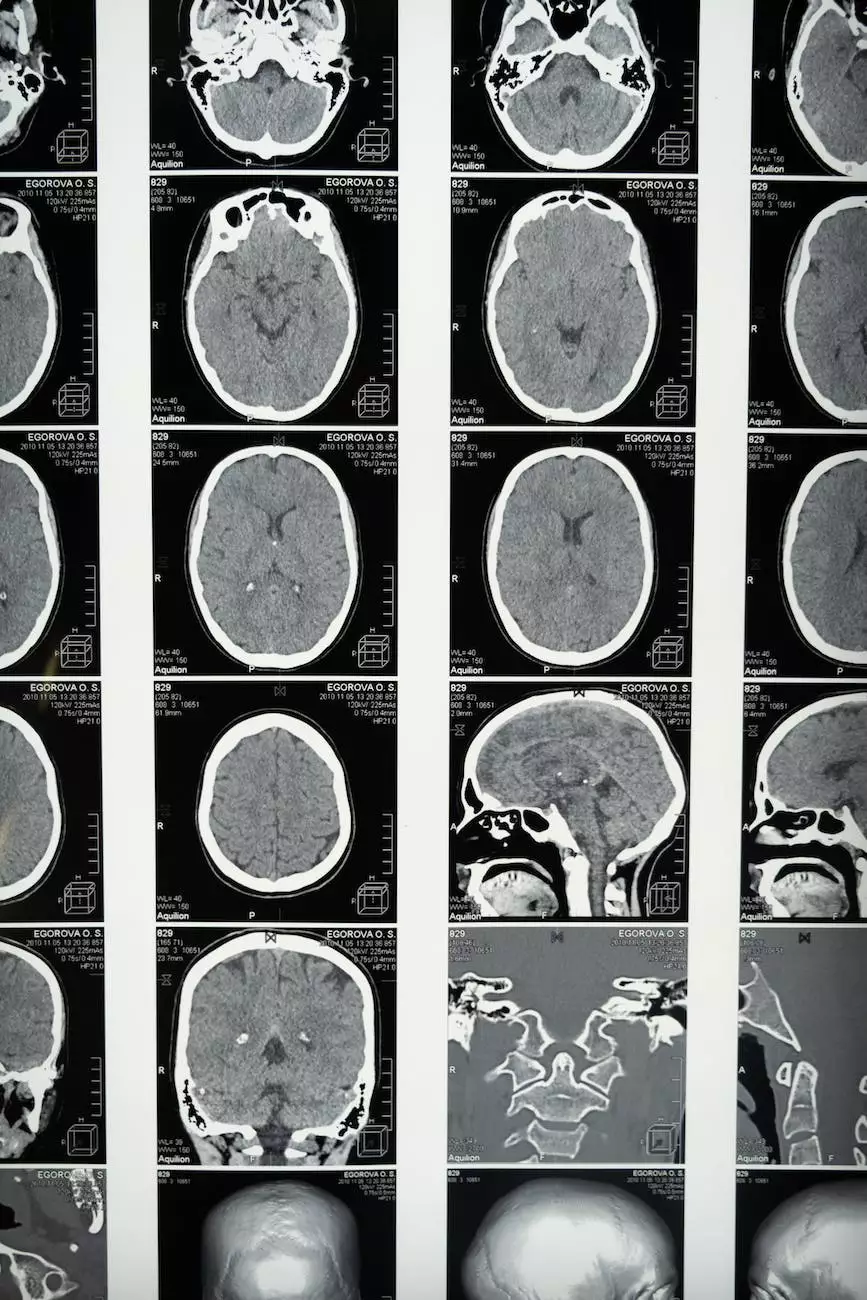The Link Between Food and Mood: It's Not All in Your Head
Health
Introduction
Welcome to Muir Diablo Occupational Medicine, your trusted source for comprehensive health information. In this article, we will explore the fascinating link between food and mood and how it affects your overall well-being. Our team of experts is dedicated to providing valuable insights and information to help you lead a healthy and happy life.
The Importance of Nutrition
It's no secret that what we eat plays a crucial role in our physical health. But did you know that it also has a profound impact on our mental and emotional well-being? The foods we consume contain essential nutrients that influence brain function, hormone production, and neurotransmitter activity. By focusing on a balanced and nutritious diet, you can positively influence your mood and overall mental health.
The Gut-Brain Connection
Recent research has shed light on the intricate relationship between the gut and the brain. The gut-brain axis refers to the bidirectional communication network linking our digestive system with our central nervous system. This connection is mediated by an extensive network of nerves, hormones, and chemical messengers. What we eat directly influences the composition of our gut microbiota, which plays a crucial role in various aspects of brain function, including mood regulation.
Key Nutrients for Mood Enhancement
Several nutrients have been identified as particularly beneficial for supporting a positive mood and mental well-being. Including these key nutrients in your diet can be extremely beneficial:
1. Omega-3 Fatty Acids
Omega-3 fatty acids, found in fatty fish (such as salmon), walnuts, and flaxseeds, have been extensively studied for their positive effects on mental health. These essential fatty acids play a crucial role in brain function and have been shown to reduce symptoms of depression and anxiety.
2. B Vitamins
B vitamins, including folate, B6, and B12, are vital for proper brain function. They are involved in the synthesis of neurotransmitters, such as serotonin and dopamine, which play a crucial role in mood regulation. Incorporating foods like leafy greens, legumes, and whole grains in your diet can help ensure an adequate intake of these essential B vitamins.
3. Antioxidants
Antioxidants protect our cells from damage caused by free radicals and oxidative stress. Studies have shown that a diet rich in antioxidants, obtained from fruits, vegetables, and nuts, can help reduce symptoms of depression and improve overall mood.
The Impact of Sugar and Processed Foods
While certain foods can enhance your mood, others can have the opposite effect. Consuming excessive amounts of sugar and processed foods has been linked to increased risk of depression and anxiety. These foods can lead to blood sugar spikes, inflammation, and imbalances in neurotransmitter levels, negatively impacting your overall mental well-being. It is important to prioritize whole, unprocessed foods to optimize your mood and emotional health.
Practical Tips for a Mood-Boosting Diet
Adopting a mood-boosting diet doesn't have to be complicated. Here are some practical tips to help you nourish your body and support your mental well-being:
- Incorporate a variety of fruits and vegetables into your meals.
- Choose whole grains over refined grains.
- Include lean proteins, such as chicken, fish, and tofu, in your diet.
- Avoid excessive consumption of sugary snacks and beverages.
- Stay hydrated by drinking an adequate amount of water throughout the day.
- Limit your intake of processed and fast foods.
- Consider adding fermented foods like yogurt and sauerkraut to support a healthy gut microbiota.
- Practice mindful eating, savoring each bite and paying attention to hunger and satiety cues.
Conclusion
The link between food and mood is a complex and fascinating one. By prioritizing a nutrient-rich diet and avoiding foods that can negatively impact your mental well-being, you can proactively support a positive mood and overall emotional health. Remember, what you eat matters, not just for your physical health, but also for your mental and emotional well-being.
Contact Muir Diablo Occupational Medicine
If you have further questions about the link between food and mood or would like to consult with one of our experts, please don't hesitate to contact Muir Diablo Occupational Medicine. We are here to provide you with the personalized care and support you need.










